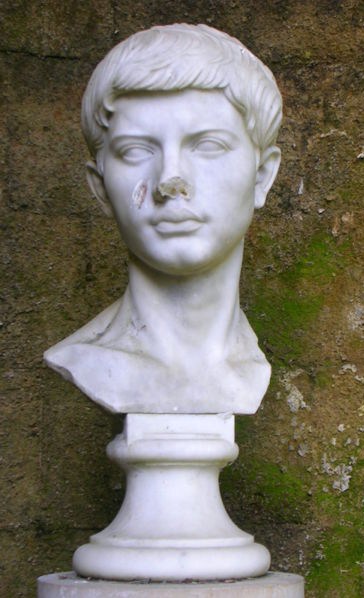Today is Virgil‘s birthday (70 BCE-19 BCE).
Frye in The Secular Scripture:
This attitude [of identification between authors] has recently revived as a form of existential criticism. Its method is brilliantly satirized in Borges’ story of Pierre Menard, whose life’s work it was to rewrite a couple of chapters of Don Quixote, not by copying them, but by total identification with Cervantes. Borges quotes a passage from Cervantes and a passage from Menard which is identical with it to the letter, and urges us to see how much more historical resonance there is in the Menard copy. The satire shows us clearly that nothing will get around the fact that writer and reader are different entities in time and space, that whenever we read anything, even a letter from a friend, we are translating it into something else. Dante tells us that he could never have gone through hell and purgatory without the instruction of Virgil. Virgil, many centuries later, when interviewed by Anatole France in Elysium, complained that Dante had totally misunderstood him. Without going in quite the same direction that some critics have done, I think it is true that this is how the recreating of the literary tradition often has to proceed: through a process of absorption followed by misunderstanding, that is, establishing a new context. Thus an alleged misunderstanding of Ovid produced a major development in medieval poetry, and some later romance is bound up with such phrases as “Gothic revival” and “Celtic twilight,” misunderstandings of earlier ages that never existed. (162-3)


I really appreciate Frye’s statement regarding literary recreation:
“though a process of absorption followed by misunderstanding, that is, establishing a new context.”
I find this to be true of most material that is studied at any length. To have any real understanding of material, it is useless to simply absorb and then regurgitate it. To have a real understanding of any concept requires examining it from multiple angles and personalizing the content. Art is interperative materiel. Created to be experienced, it is exposed to individual interpretation. The reading of literature must pass through much the same process.